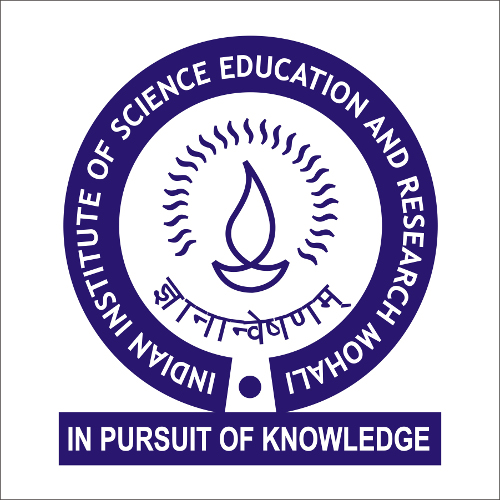Forthcoming Events
Physics of the Intergalactic Medium
Prakash Gaikwad (MPIA Heidelberg)
Location : Online
Abstract: The gravitational collapse of the overdense regions in the initial density
field leads to the formation of large scale structures in the Universe. A
significant fraction of the diffuse gas is in the "Intergalactic Medium" (IGM)
that is not associated with collapsed objects (galaxies). The IGM fills most
of the volume and exhibits a distinct filamentary structure that has imprints
of cosmological initial conditions and astrophysical processes of galaxy
formation, reionization. High resolution Ly-alpha forest seen in the spectra of
distant quasars together with the cosmological high resolution hydrodynamical
simulations allow one to constrain cosmological and astrophysical parameters
that govern the physics of the IGM.
In this talk, I will outline our investigation into the thermal and ionization state of the IGM. Utilizing the observations of quasar absorption spectra from the UV (Hubble Telescope), the optical (Keck Telescope), and the near-infrared (Magellan II telescope), we have measured key parameters governing the physics of the IGM. Our analysis involves comparing the statistical properties of the Ly-alpha forest derived from observations with output of advanced hydrodynamical and radiative transfer simulations that I developed over several years. Our findings represent the most robust and consistent measurements to date, carefully accounting for all modeling and observational uncertainties. Notably, our results provide compelling evidence for late reionization, challenging earlier models proposing early reionization. These measurements hold significance in elucidating the free streaming length of dark matter. Finally, I will address currently unresolved issues within the IGM field and discuss the prospective roles of forthcoming telescopes such as WEAVE, TMT, and SKA in advancing our understanding of both cosmology and astrophysics.
Meeting ID: 990 2130 3795
Passcode: 835769
In this talk, I will outline our investigation into the thermal and ionization state of the IGM. Utilizing the observations of quasar absorption spectra from the UV (Hubble Telescope), the optical (Keck Telescope), and the near-infrared (Magellan II telescope), we have measured key parameters governing the physics of the IGM. Our analysis involves comparing the statistical properties of the Ly-alpha forest derived from observations with output of advanced hydrodynamical and radiative transfer simulations that I developed over several years. Our findings represent the most robust and consistent measurements to date, carefully accounting for all modeling and observational uncertainties. Notably, our results provide compelling evidence for late reionization, challenging earlier models proposing early reionization. These measurements hold significance in elucidating the free streaming length of dark matter. Finally, I will address currently unresolved issues within the IGM field and discuss the prospective roles of forthcoming telescopes such as WEAVE, TMT, and SKA in advancing our understanding of both cosmology and astrophysics.
Meeting ID: 990 2130 3795
Passcode: 835769

